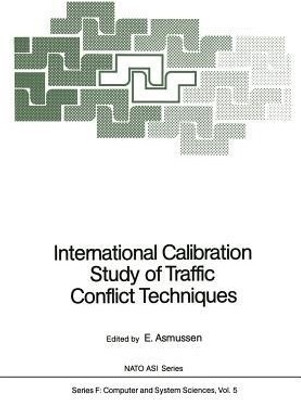International Calibration Study of Traffic Conflict Techniques(English, Paperback, unknown)
Quick Overview
Product Price Comparison
The concept of traffic conflict was initiated in the Uni ted States in the 60s and raised a lot of interest in many countries : it was an opening towards the develop- ment of a new tool for safety evaluation and the diagnosis of local safety pro- blems. The need for such a tool was great, because of the many situations where accident data was either scarce, unsatisfactory or unavailable. Development of Traffic Conflict Techniques (TCT) started simultaneously in the 70s in several European count ries and new studies were also undertaken in the Uni ted States, Canada and Israel. The need for international cooperation was rapidly feIt, in order to exchange data, compare definitions and check progresses. An Association for International Cooperation on Traffic Conflict Techniques (ICTCT) was therefore created, grouping researchers and safety administrators, with the aim of promoting and organising exchange of information and common practical work. Three Traffic Conflict Techniques Workshops were organised, in Oslo (1977), Paris (1979) and Leidschendam (1982). A small scale international experiment of calibra- tion of TCTs was also carried out in Rouen, France, in 1979, and five teams took part in it from France, Germany, Sweden, the United Kingdom and the United States; results of this first experiment were used as a basis for the present enterprise. To be acknowledged as a safety measuring tool, traffic conflict techniques had to be validated in relation to traditional safety indicators such as injury-accidents.


